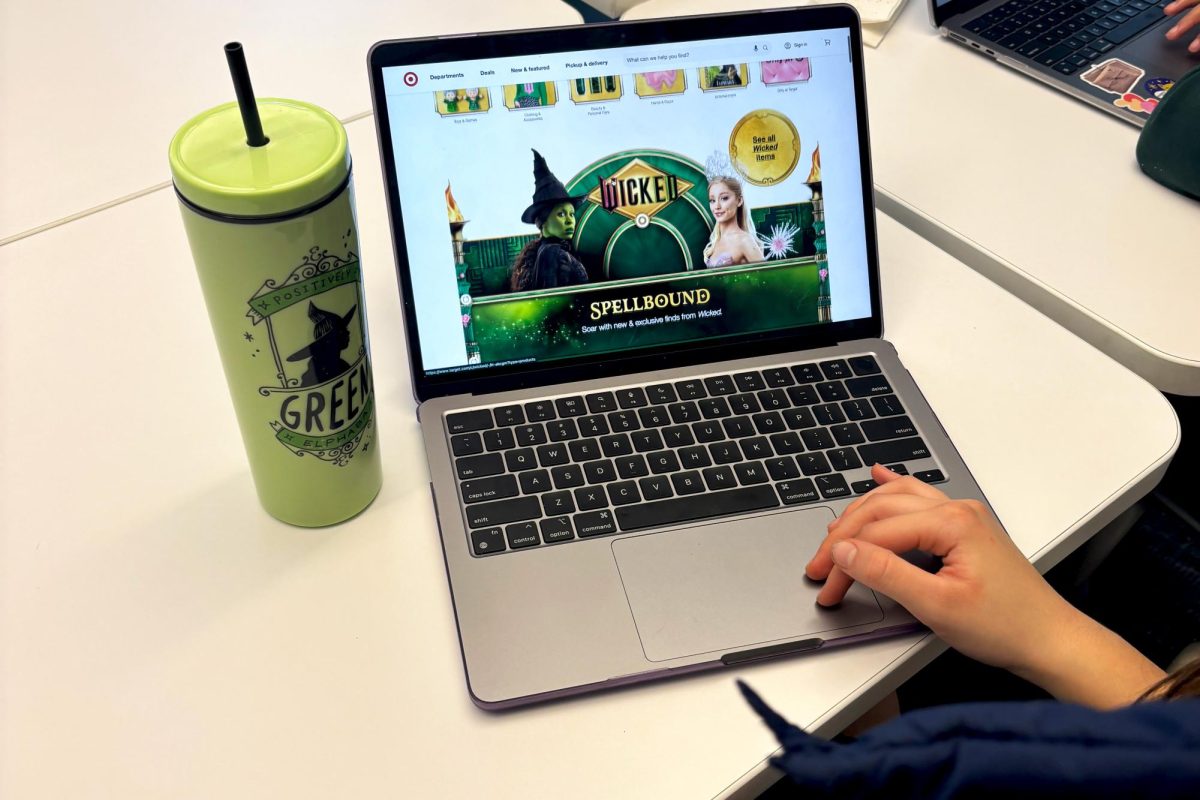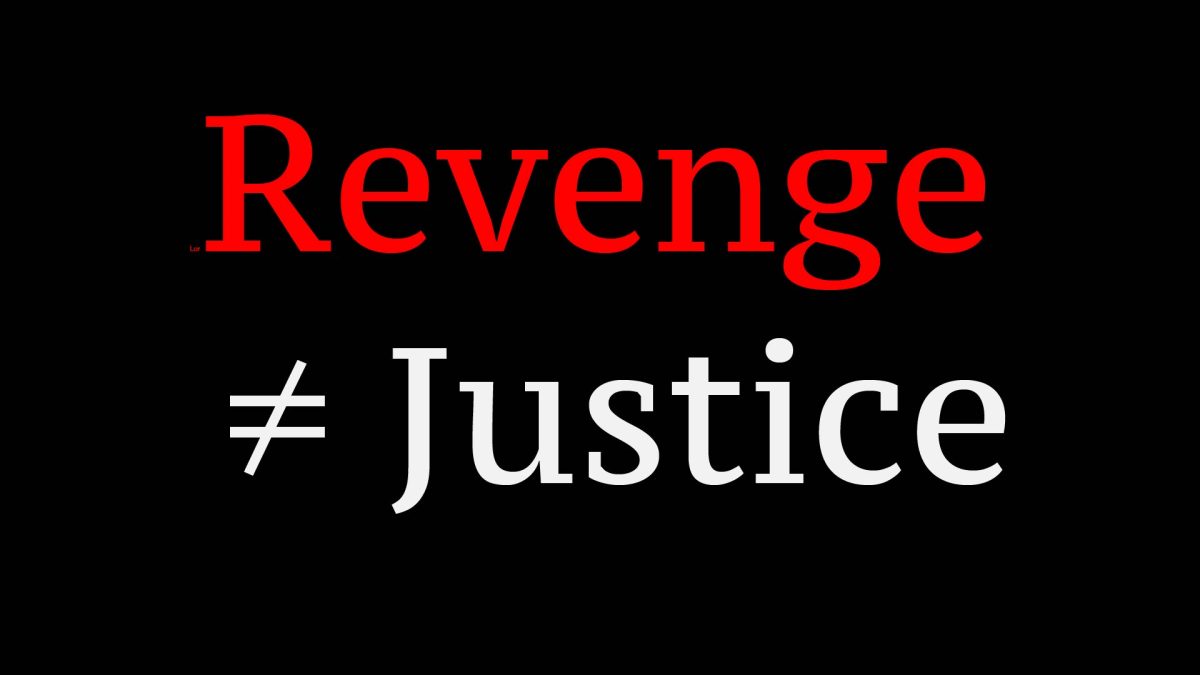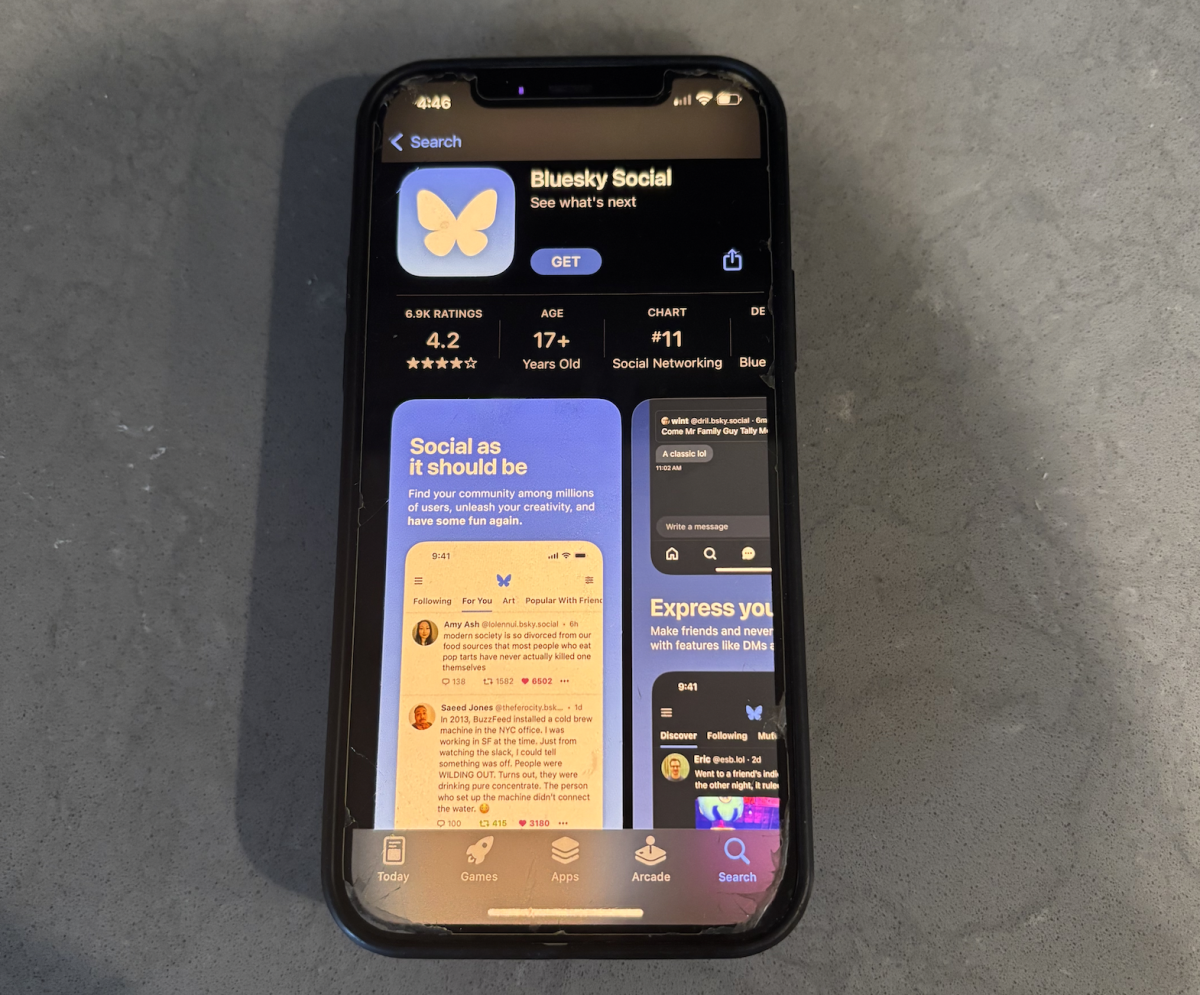The intention of this article is not a representation of my personal beliefs on the issue, but rather a suggestion for our community to consider both sides of a controversial issue. Let’s at least consider the implications before #BoycottLandsEnd starts trending.
In an attempt to appeal to its female demographic, Lands’ End included an interview with nationally recognized American feminist Gloria Steinem in its most recent catalogue. Steinem’s relevance and influence is profound, whether you like her or not. She was — and still is — a symbol of the feminist movement in the late ’60s to early ’70s.
Included in Lands’ End’s article was an opportunity for shoppers to donate to the Equal Rights Act (ERA) Coalition Fund for Women’s Equality. For any purchase of an item with the ERA’s logo, Lands’ End would donate three dollars to the coalition.
The company’s decision to feature Steinem, who strongly identifies as pro-choice, has now become a massive issue for the company’s customers. By extension, Steinem’s feature in the catalogue implied to some that Lands’ End agrees with her stance on issues such as abortion.
Why would Lands’ End, aware of their consumer demographic, choose to publish this article? This is a prime example of their marketing failure. As a commercial entity, it makes sense that a retraction should take place to save their business and brand as they have built it. However, they should have planned better originally to anticipate the response they would receive.
The company received a massive influx of angry emails and calls from their customers threatening to boycott the company and take their business elsewhere.
However, in an almost comedically scripted twist, their retraction of the article also generated even more sentiments shaming Lands’ End for their inability to defend women’s rights and equality. Many Archer girls were amongst those who felt outraged regarding the supposed sexism of the company’s response.
Here are the two main points against Lands’ End that have been circulating the halls, along with my response to them:
Women’s rights are not a “divisive issue.” Thus, Lands’ End sees feminism as a “man-hating” movement.
Unfortunately, women’s rights are, in fact, divisive. For something to be divisive means that it causes disagreement and hostility between people. If women’s rights were not a divisive issue there would be no controversy.
If women’s equality were an intrinsic characteristic of American society there would be no point in me writing this article. Perhaps by attending such a progressive girls’ school in Los Angeles that consistently reflects the efficacy of women’s rights, we have become too desensitized — oblivious to the realities of a culture with rich roots in religion, conservative viewpoints and in many cases a lack of experience to understand why women’s issues matter.
The company is dismissing women’s rights to appease “some anti-abortion customers.”
Firstly, it must be distinguished that Lands’ End’s apology does not apologize for briefly promoting women’s equality. The retraction of the article does not signify their abandonment of women’s rights but instead a realization of their institutional failure to uphold a duty of neutrality. By principle of logic, publishing such an article would obviously upset their larger customer demographic.
Schools and businesses serve many kinds of people and both will likely first serve their financial interests and all the implications therein. A corporation like Lands’ End does not have the choice to voice an opinion other than that of their consumer majority if it wants to compete in a capitalist market.
So, Archer students and faculty, I must ask you: what are you really mad about? We must not be upset for the retraction of the article. So what can we be angry with? To this question I have three responses:
- The fact that women’s equality is not yet a virtue in American society.
- A vague and haphazard apology that would have benefitted from clarification.
- The institutional failure that let the article be released in the first place.
Does a commercial enterprise have a duty to neutrality? If so, when do we choose to what extent that affects our interactions with it? For example, I have heard what I consider to be hyperbolic threats of Archer boycotting Land’s End for implying something they did not mean to convey in the first place.
Meanwhile, I do not hear Archer girls threatening to boycott some of their favorite stores who have publicly released records stating that their products have been produced via labor trafficking. Such businesses include Whole Foods Market, Apple Inc. and Urban Outfitters.
In a capitalist, democratic society, how are we, as progressive feminists, able to aspire to be individualistic global citizens while remaining respectful to differing beliefs?
Perhaps the day we do begin to boycott big business will mark a new progressive era where capitalism can be reshaped around global norms of justice.
At what point did we license our moral lens to commercial entities? We have a duty to educate and encourage open discourse for debate about how to reform contemporary American society with an emphasis on women’s rights.
#Let’sTalkLands’End.

















Ava-Rose Beech • Mar 11, 2016 at 7:05 pm
I really loved this article Ciel! I think your point that Lands’ End revoked the feature in order to remain neutral on controversial topics is important in thinking about this. I am unsure if I agree or disagree with what Lands’ End did, but I do know that I believe everyone has a right to freedom of opinion, and I think that is really import in considering how we react to and think about this situation.
Elizabeth English • Mar 8, 2016 at 6:04 pm
I appreciate that you took the more challenging angle on this, Ciel. Well written and reasoned, your piece demonstrates why the Oracle continues to garner superlatives. Any worthwhile publication allows its writers to hold opposing views.
audrey koh • Mar 6, 2016 at 10:04 pm
very, very well-written and a pleasure to read. i’m glad you took the opportunity to offer the community an insight into the opposite side that may not be as popular to defend.